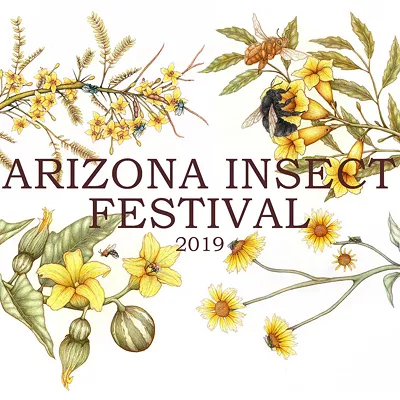"This is a chance for the community to come together and expose themselves to stories that will give them a sense of the real issues that lesbian, gay, bisexual and transgender families in our community face," she says.
The key word in that sentence is "families." Woods' Stark Naked Productions is presenting First Words: Relativity, a festival of plays all about "the strengths and challenges of LGBT family life."
And importantly to Woods, those families extend well beyond a couple setting up housekeeping together.
"Some people may have been estranged from their family of origin, and they've had to be very creative in forming families of their own," she says. Families wind up including lovers, friends, adopted kids, and parents and siblings at varying levels of acceptance of LGBT life.
Families are tremendously important, regardless of one's sexual orientation, Woods asserts. "It's a wild world, and without that unconditional support, that faith other people have in who you are authentically as a human being, we will be manipulated by fear-driven and commercially driven dictates. I rely on my family to mirror my own truth to me, and accept that truth, regardless of whether it's comfortable for them."
Woods believes so strongly in family and community that she's making every effort not merely to preach to the converted in the First Words: Relativity Festival. "I've tried to send invitations to every church and synagogue in town for clergy to come in and talk about the plays in our panel discussions," she says. "Also, the casts are as diverse in terms of race and religious background as they are in terms of sexual orientation. We have Orthodox Jews, conservative Christians, people of all races and ethnicities working on this project."
Each performance will be followed by a panel discussion involving LGBT leaders, pastors and local media figures, including Tucson Weekly editor Jimmy Boegle. Each panelist will react briefly to the plays just seen, then help facilitate a discussion with the audience of how the plays speak to the shifting definitions of family in our culture.
Those plays were selected in a juried regional competition. Each performance will present both a one-act script and a full-length play.
Stress Incontinence by Richard Chaney concerns two elderly lesbians trying to maintain their relationship in an assisted-living facility. Daddy, by Chuck Cummings, involves a gay father at odds with his pregnant daughter, who wants to arrange a home birth in the middle of the living room.
Back In, which Woods describes as the festival's most controversial play, is Jason Montgomery's look at a gay man who walks away from his accepting family, because he feels used by the propagandizing of the gay-rights movement. Woods herself wrote Transitional Objects, which moves through several decades in the lives of six people forced to consider what they are willing to risk for acceptance.
Coincidentally, First Words: Relativity is happening at the peak of the hype for Proposition 107, which would ban government protections and benefits for domestic partnerships between both straight and gay couples who eschew marriage.
"Familial bonds don't necessarily depend on legal structures," insists Woods. "All these plays, at least by inference, touch on that issue. There's tremendous energy in the LGBT community because of Prop 107, and I think this festival will infuse the whole community with even more energy, socially and politically. The plays have broad appeal."
In other words, these are not gay vs. straight issues, and the last thing Woods wants is for straights to avoid these plays. "The whole idea of Stark Naked Productions is to move beyond divisive categories," she says. "I really hope theater can make a social difference. We can't put much trust in the authority of the media anymore, but people can connect to an issue that seems true to them if they can empathize with it through theater.
"It's important for us to choose (plays) that carry the message that we're not as divided as we seem. When we're divided, we're ripe for plucking."











